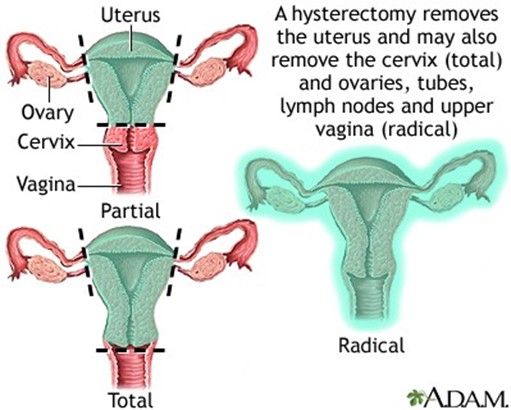Following the prenatal clinic's screening protocol, the practical nurse (PN) is preparing laboratory prescriptions for clients who are scheduled to be seen today. Which screening test should be scheduled for a client who is gravida 4 para 3 at 16-weeks gestation?
Maternal serum alpha-feto protein (MSAFP).
Repeat indirect Coombs' test.
Glucose tolerance test (GTT).
Group B Streptococcus culture.
The Correct Answer is A
The screening test that should be scheduled for a client who is gravida 4 para 3 at 16-weeks gestation is **Maternal serum alpha-feto protein (MSAFP)**. Second trimester prenatal screening may include several blood tests, called multiple markers. These markers provide information about a woman's risk of having a baby with certain genetic conditions or birth defects. Screening is usually done by taking a sample of the mother's blood between the 15th and 20th weeks of pregnancy (16th to 18th is ideal)².

Nursing Test Bank
Naxlex Comprehensive Predictor Exams
Related Questions
Correct Answer is B
Explanation
Acute leukemia can cause thrombocytopenia, which is a decrease in the number of platelets in the blood. Platelets are essential for blood clotting, and a low platelet count can result in heavy menstrual bleeding. Therefore, reviewing the client's platelet count is the priority in response to the client's statement. The other laboratory data may also be important to assess, but platelet count is the most relevant in this situation.

Correct Answer is D
Explanation
To help increase an older adult's magnesium level following a hysterectomy, the practical nurse (PN) should suggest that the client increase her intake of protein in fish. Fish is a good source of magnesium, which is an essential mineral that plays a role in many bodily functions. Increasing the intake of magnesium-rich foods such as fish can help raise the client's magnesium level and improve her overall health. The other foods listed may also provide some nutritional benefits, but fish is the best choice for increasing magnesium intake in this situation.

Whether you are a student looking to ace your exams or a practicing nurse seeking to enhance your expertise , our nursing education contents will empower you with the confidence and competence to make a difference in the lives of patients and become a respected leader in the healthcare field.
Visit Naxlex, invest in your future and unlock endless possibilities with our unparalleled nursing education contents today
Report Wrong Answer on the Current Question
Do you disagree with the answer? If yes, what is your expected answer? Explain.
Kindly be descriptive with the issue you are facing.
